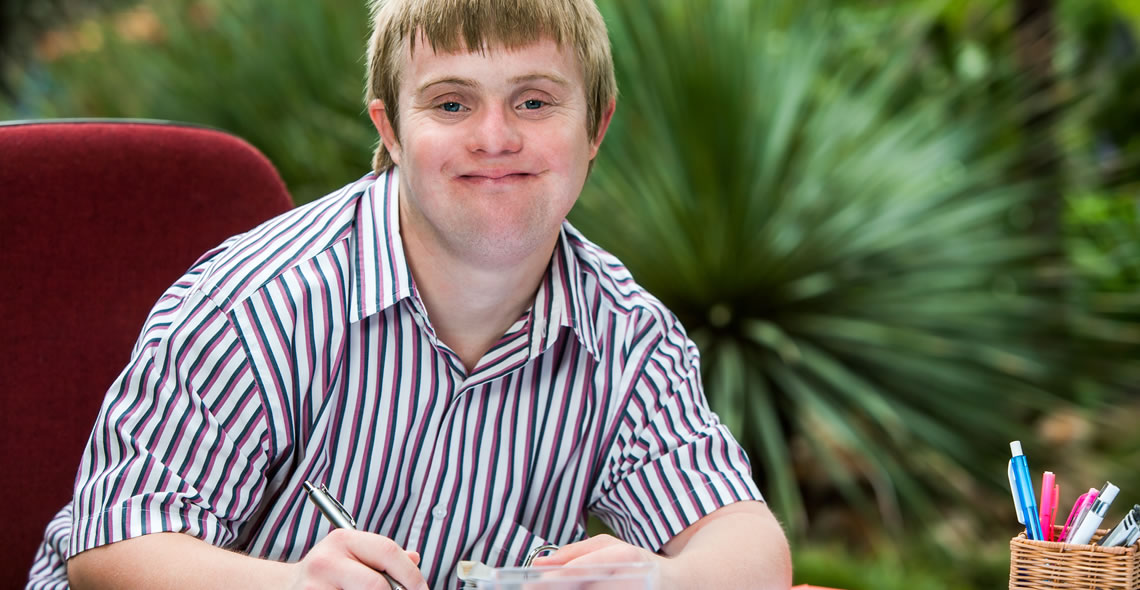Description
Safeguarding Adults Certification
Everyone has the right to live a safe and happy life, free from the threat of abuse. Unfortunately, many people experience at least one incident of abuse at some point in their lives. Adults who are less able to protect themselves from harm are at increased risk. For example, elderly adults and those with disabilities are much more likely to experience mistreatment and neglect than those in the general population.
This course will provide you with an overview of what safeguarding means in practice and how vulnerable adults can be protected from abuse. The course addresses what can be done in the short term to help those in need and provides insight into the preventative measures that work to reduce the risk of abuse in the first place.
You Will Learn:-
- What “safeguarding†means, why it is so important and how the six key principles of safeguarding ensure that it works to prevent abuse.
- The different forms that abuse can take, including physical, emotional, sexual and financial.
- How to identify the key signs of abuse in adults.
- How to talk to someone if you suspect that they are being abused and how to report abuse to an authority or care professional.
- How to prevent abuse from occurring by taking measures such as building a zero-tolerance culture and including vulnerable adults in community events.
Benefits of Taking This Course:-
- You will be in a position to identify the most common signs of abuse in adults.
- If you work with vulnerable adults, this course will provide a valuable introduction to the main principles of safeguarding.
- You will be able to teach others how to spot the signs of abuse.
- You will be able to make sense of government policy relating to abuse and safeguarding and to appreciate media debates and discussions around the topic.
- You will gain an insight into the responsibilities that accompany health and social care roles, which may enable you to make an informed choice if you are looking to enter this field.





